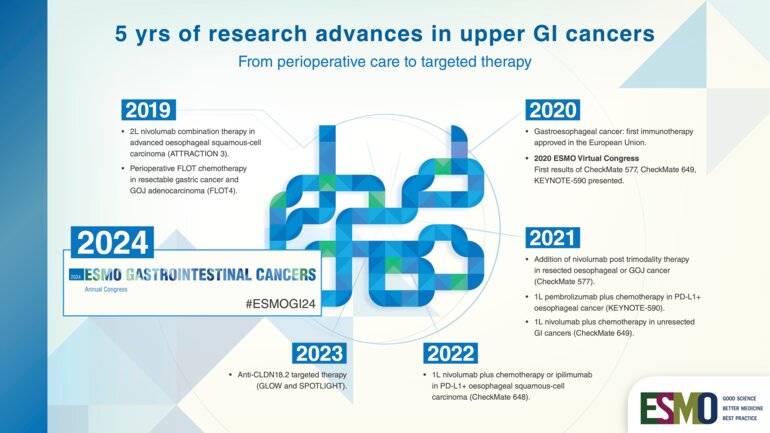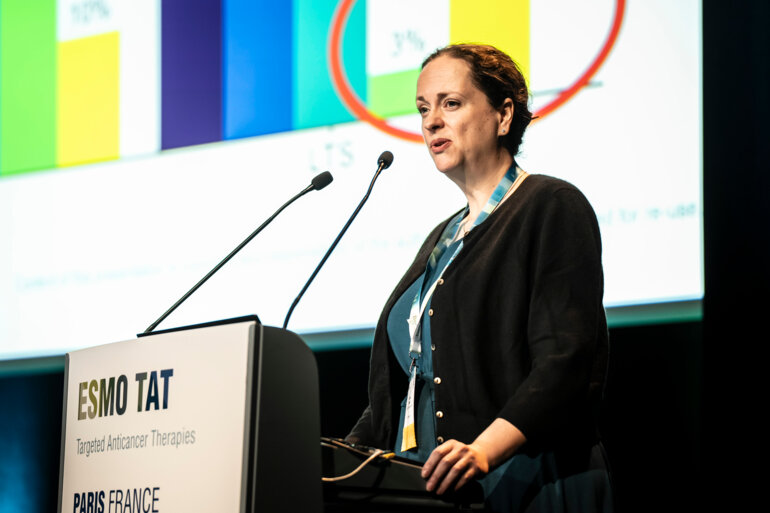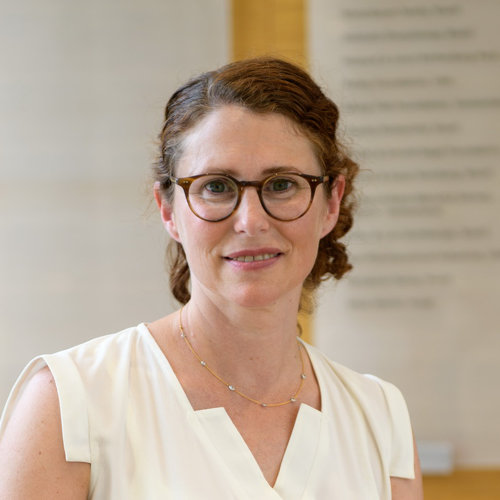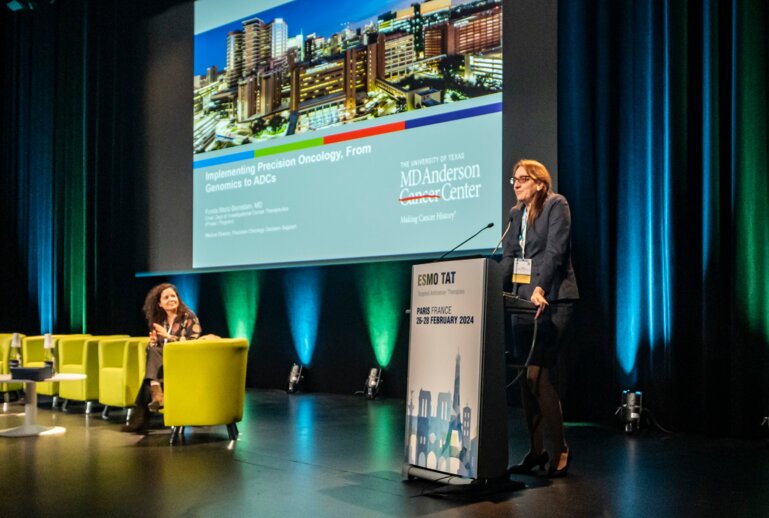
How much ‘green’ is cancer research?
Clinical trials have an impact on the environment, and novel approaches may help researchers reshape their activities toward a greater sustainability

Clinical trials have an impact on the environment, and novel approaches may help researchers reshape their activities toward a greater sustainability

In an interview, Prof. Julien Taieb comments on the major advances from colorectal cancer research which are driving the development of molecular-based therapies

A study illustrates a methodology that shows promise to distinguish true negative liquid biopsy results from indeterminate results that may benefit from follow-up tissue testing

In the last few years, study findings have changed clinical practice and offered new opportunities of care to many patients

A study shows that early kinetics in DNA methylation and fragment quantity in plasma can predict response to pembrolizumab in patients with advanced solid tumours

Several key issues including standardisation and validation of ctDNA response criteria for predicting clinical outcomes in oncology still need to be addressed

Studies investigate the discriminatory capacity of existing prognostic scales and the factors associated with survival to help select patients who may benefit from participation in early phase trials

Research is ongoing to revisit the classic neoantigen approach that may better interpret the complexity of the immune system

The 2024 TAT Honorary Awardee Prof. Funda Meric-Bernstam discusses progress made and how to overcome current obstacles in the field

A phase II trial reports a longer recurrence-free and distant-metastasis free survival with the combination of mRNA and pembrolizumab.
This site uses cookies. Some of these cookies are essential, while others help us improve your experience by providing insights into how the site is being used.
For more detailed information on the cookies we use, please check our Privacy Policy.
Necessary cookies enable core functionality. The website cannot function properly without these cookies, and you can only disable them by changing your browser preferences.